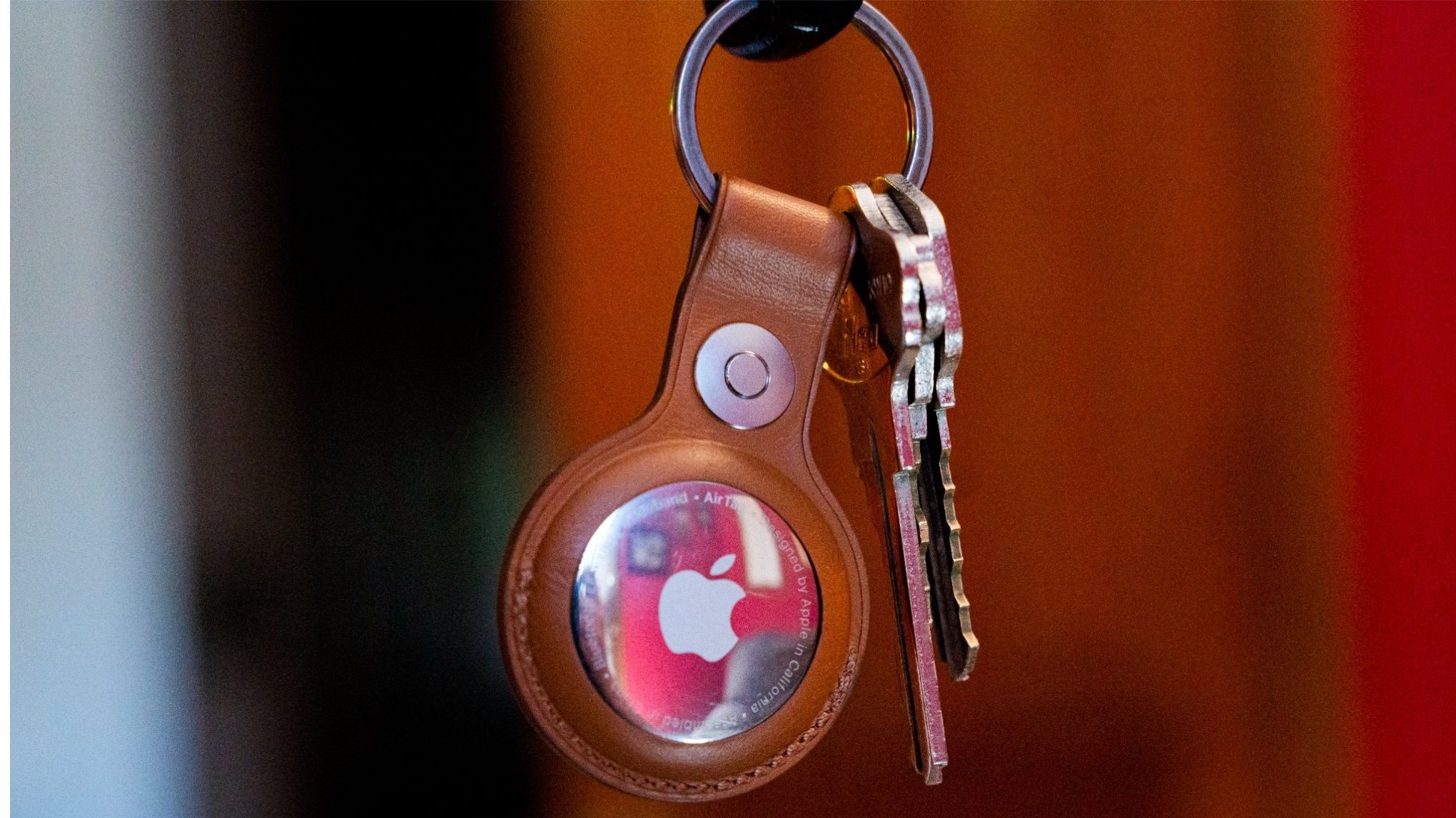AirTags have a controversial new use, tracking loved ones with dementia
"...the AirTag isn’t perfect, but it’s the most useful option for now."

iMore offers spot-on advice and guidance from our team of experts, with decades of Apple device experience to lean on. Learn more with iMore!
You are now subscribed
Your newsletter sign-up was successful
A new report has revealed how caregivers of people suffering from dementia have turned to Apple's tiny tracking device, AirTags, to help track loved ones who may go missing or lose their way.
In a new report, WSJ tells the story of some caregivers looking for ways to track the people they look after. "Michelle Hirschboeck was looking for a way to keep track of her husband, Paul, who has dementia. She settled on something not intended for people: AirTags," the report states.
The report says that other monitoring methods were either too expensive or not fit for purpose, but that AirTags are relatively inexpensive and can be attached to vital items like keys and wallets, which people with dementia tend to remember to bring when they leave the house.
Grey area
The report describes how the graduate assistant at the University of Minnesota was recommended a pair of $300 insoles with GPS that require a monthly service plan that wasn't right because her husband Paul, who has dementia, doesn't always wear the same shoes when he leaves the house.
"He always puts his keys and wallet in his pocket when he goes out," she said, the report noting that she bought an AirTag and a keychain, telling her husband it could not only help him locate his keys but help his wife find him.
"How much he understands, I’m not sure," she said in a heartbreaking admission but explained how recently she had been able to locate her missing husband thanks to the AirTag and Apple's Find My network.
The report notes another Minnesota resident, Steve Snyder who used an AirTag to try and track down his father but noted the difficulty presented when the AirTag's location hadn't been updated for 20 minutes, a long time when you're looking for a lost loved one with dementia.
iMore offers spot-on advice and guidance from our team of experts, with decades of Apple device experience to lean on. Learn more with iMore!
As the report notes, this is an "ethically murky" introduction of technology to try and solve the problem that many relatives and friends face caring for those battling with dementia. Apple has explicitly stated that AirTags should not be used to track people, especially in malicious circumstances, with numerous reports having arisen of people stalking partners and ex-partners without their knowledge in the context of domestic abuse cases.
There is also the difficulty of using an AirTag to track someone who may not be able to fully comprehend being tracked or be able to consent to the process. One professor told the outlet patients "can and should be asked if it’s OK with them." Mr. Snyder noted his father had said he did not want anyone tracking him, but that "he didn't protest" when shown the AirTag on his keychain, even pausing to leave home when his AirTag had fallen from his keys because "it needed to be put back on before he could leave home.
University of Minnesota’s School of Public Health's Joseph Gaugler said he could understand the appeal of AirTags but that it was more important and constructive to understand "what leads to wandering" and preventing it.
One Alzheimer's sufferer warned that some tracking technologies can give people a false sense of security, noting AirTags can be lost or forgotten, and that their batteries can eventually die.
Despite this, Steve Snyder said that the AirTag may not be perfect, but was "the most useful option for now" in the struggle to keep tabs on his Father.
You can read the full report here.
Our own AirTag review scored Apple's tiny tracker highly thanks to its small and simple design, replaceable battery and simple pairing, as well as its Precision Finding tool and the power of the Find My network, something even the best alternatives to AirTag can't compete with.

Stephen Warwick has written about Apple for five years at iMore and previously elsewhere. He covers all of iMore's latest breaking news regarding all of Apple's products and services, both hardware and software. Stephen has interviewed industry experts in a range of fields including finance, litigation, security, and more. He also specializes in curating and reviewing audio hardware and has experience beyond journalism in sound engineering, production, and design.
Before becoming a writer Stephen studied Ancient History at University and also worked at Apple for more than two years. Stephen is also a host on the iMore show, a weekly podcast recorded live that discusses the latest in breaking Apple news, as well as featuring fun trivia about all things Apple. Follow him on Twitter @stephenwarwick9
